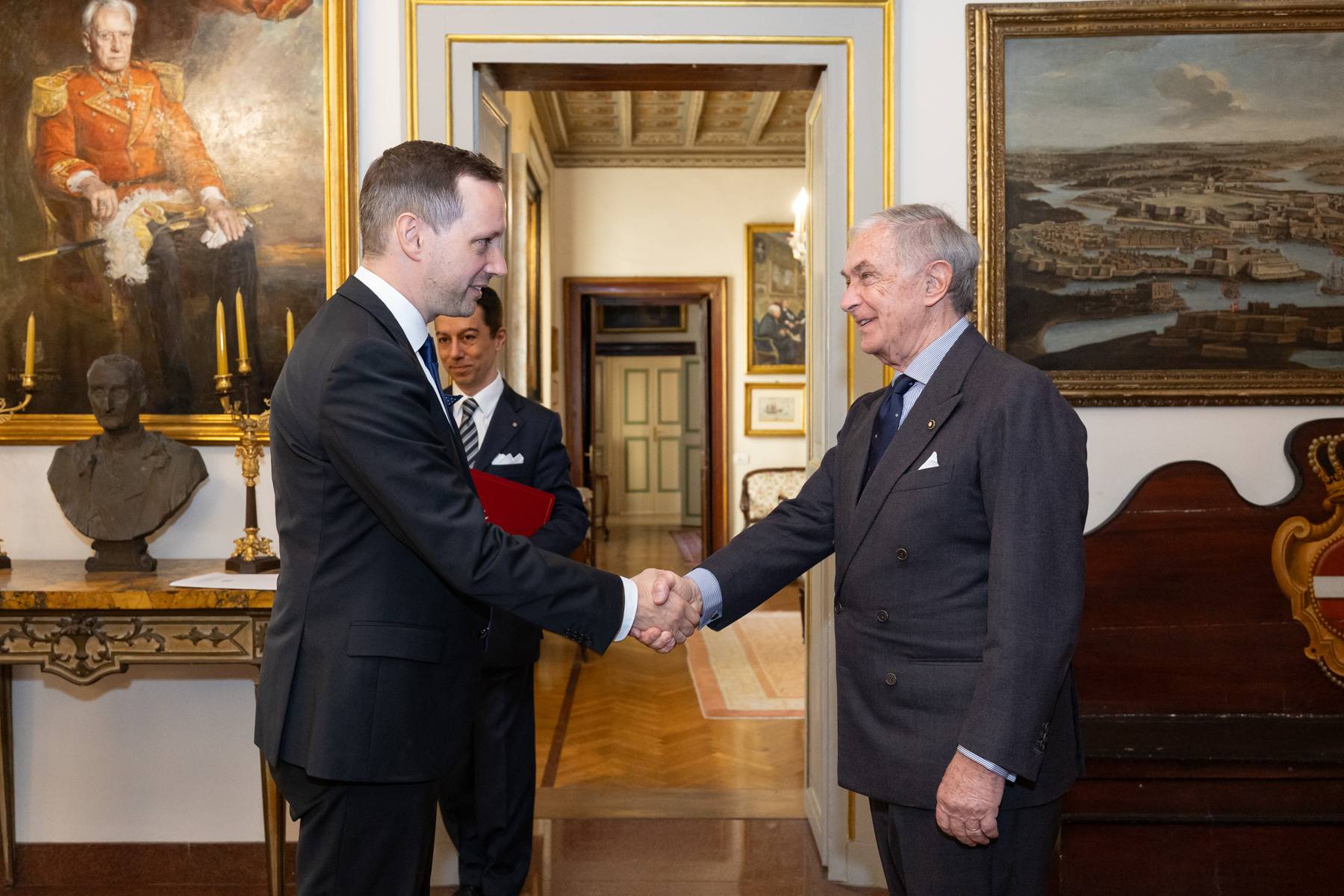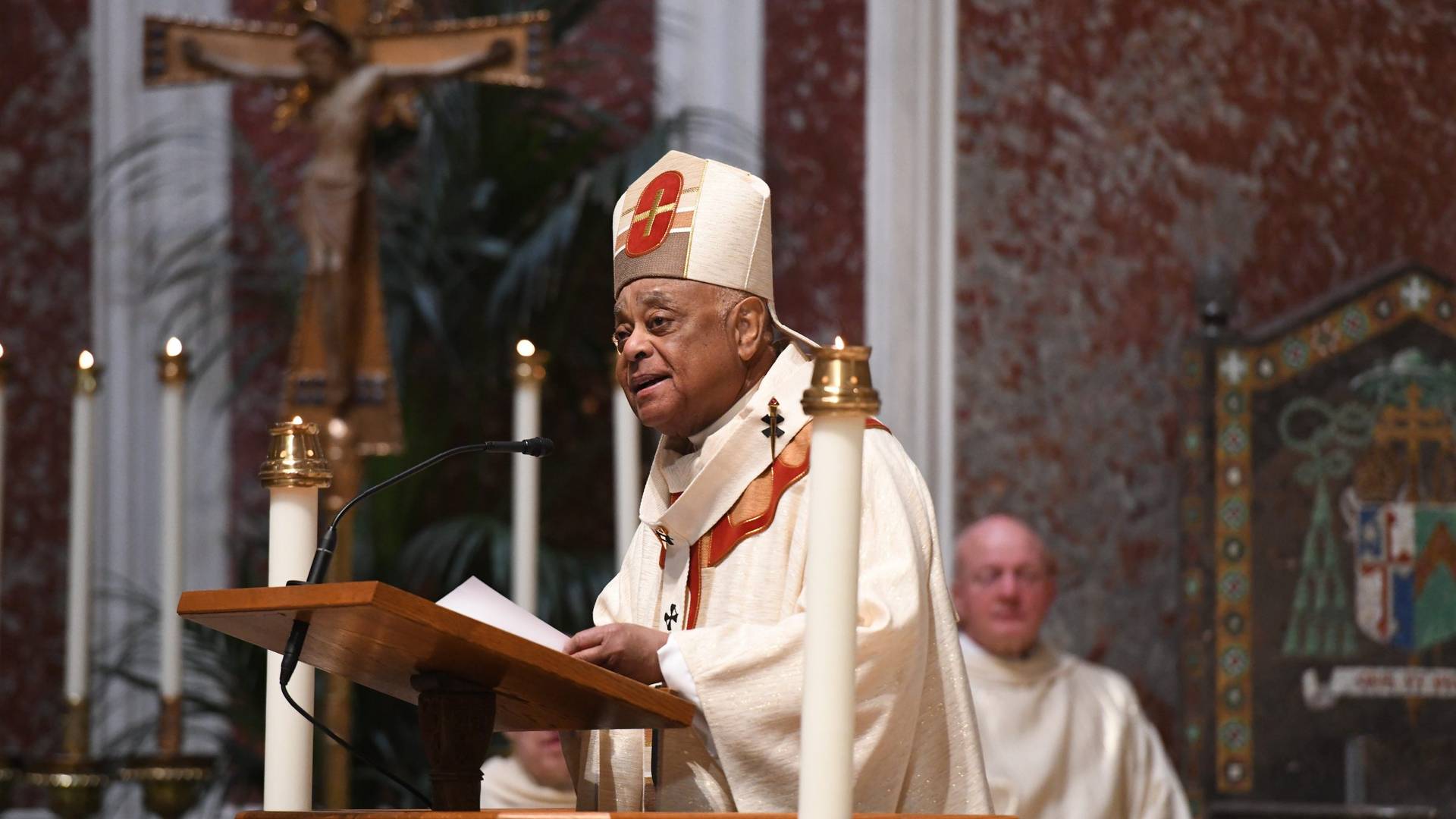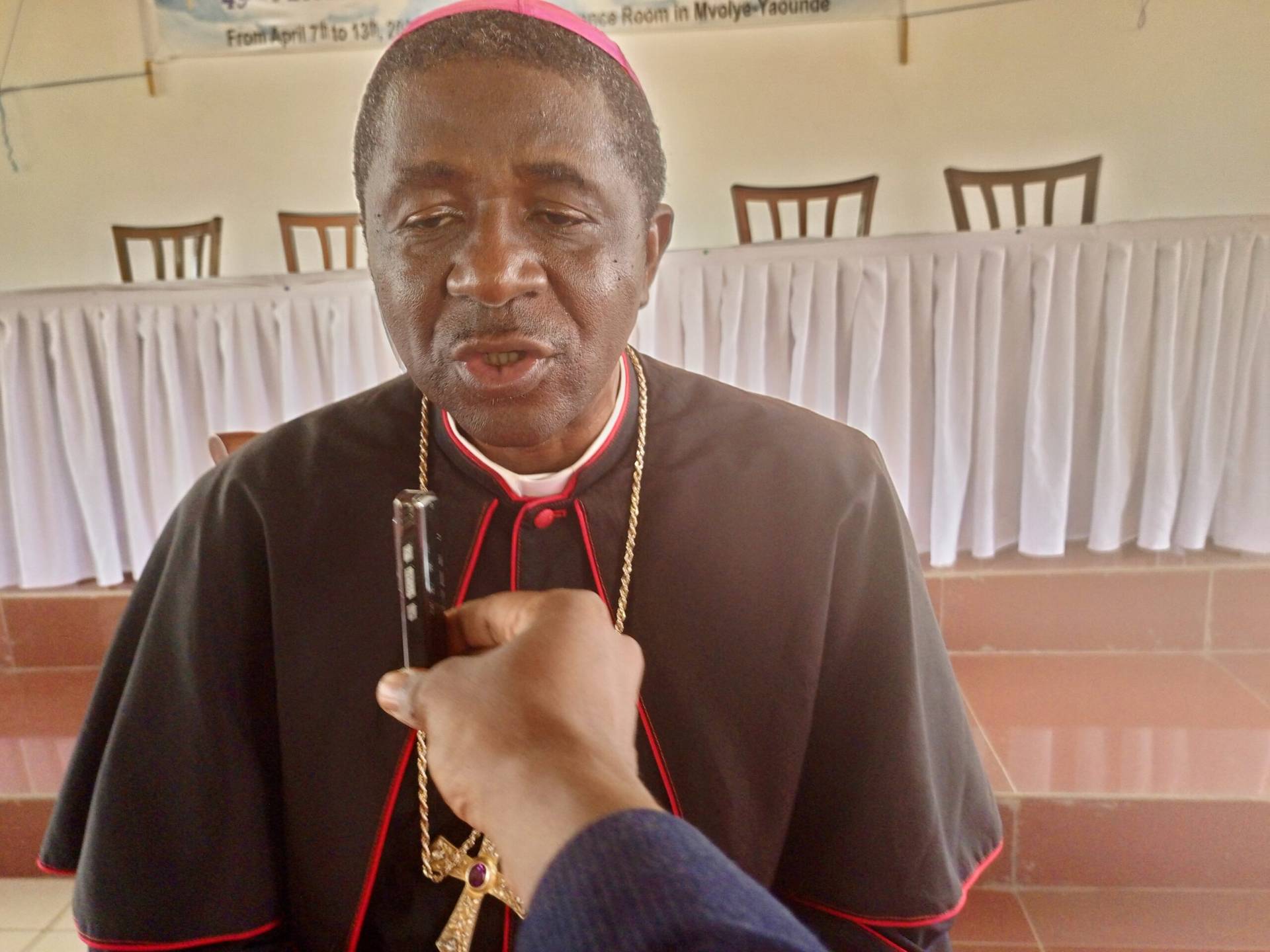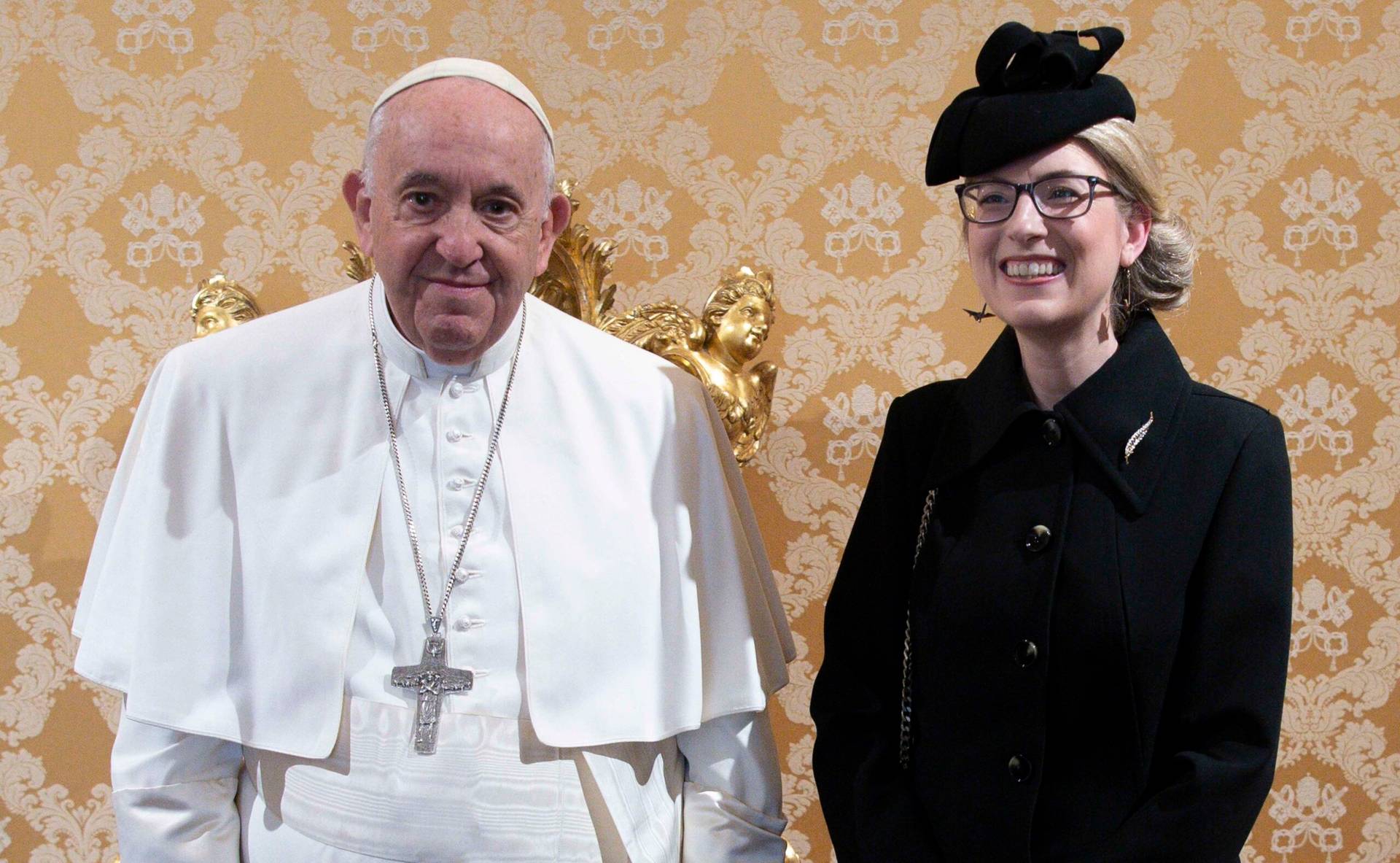ROME— On January 1, the new Vatican dicastery for the Promotion of Integral Human Development began its work, with one office in particular headed by none other than Pope Francis himself, who wanted to keep the section for Migrants and Refugees under his direct command.
It’s unrealistic to expect for the pope to be on top of all the ins and outs on a daily basis, so he appointed two priests, Jesuit Father Michael Czerny, a Canadian, and Scalabrinian Father Fabio Baggio, an Italian, as undersecretaries.
Czerny, a longtime personal assistant to Cardinal Peter Turkson of Ghana, who heads the dicastery, spoke to Crux on Tuesday.
Among other things, Czerny called for the world and the press to remember that the ongoing migrant and refugee crisis in the United States “is not the only one,” while commending the American church for how it’s “responding at every moment, and is united in the response.”
What follows are excerpt of Crux’s interview with Czerny.
Crux: February 8 marks the Church’s International Day of Prayer and Awareness Against Human Trafficking, celebrated yearly since 2015, at the request of Pope Francis, who’s often described this illegal industry as a “crime against humanity.” Why is the Vatican’s section on Migrants and Refugees getting involved on a day of prayer against human trafficking?
Czerny: If the title of our section was more explicit or accurate, it would be for “Migrants, Refugees and Trafficked People.” In that sense, this is part of our mandate. We were basically mandated by the Holy Father to help him in response to the sufferings of people who are forcibly displaced, moved beyond where they want to be, and abused along the way.
We cover therefore all series of human movements and mobility, but also those who are victims of trafficking and modern day slavery.
What’s being done?
The celebration is very decentralized, it’s taking place all over the world. There’s a huge number of activities, prayers, events, demonstrations. And the real coordination is done through the members of Talitha Kum [an international network of consecrated life]. We’re joining with them, we’re supporting them, and we’re hoping that many people will join the activities planned for tomorrow.
Will we see a tweet from Pope Francis, as we did a few weeks ago, when through @Pontifex support was given to the section?
We’re always hopeful!
Unscrupulous exploitation harms young girls and boys who are trafficked and enslaved. May God bless all those who set them free. @M_RSection
— Pope Francis (@Pontifex) January 14, 2017
When the dicastery was first announced, it was said that the section was going to remain under the supervision of the pope for as long as he deemed it necessary. What does it mean in practice?
It means in practice that the person responsible for the section is the Holy Father. And Father Baggio and I work directly with him to carry out the program or initiative, to do our best to help the Church to respond in his name to the three large groups: those who are forcibly obliged to move, those who are suffering on the way or are in real difficulty wherever they’re arriving, and those who are victims of human trafficking.
Why was human trafficking left out of the name?
There was never any particular discussion of the name …
But it’s an issue very close to Pope Francis’s heart…
Yes, but that is true of so many issues. And it’s true of a wide variety of things that would fall under the two words migrants and refugees. But I wouldn’t take the name too seriously, at least, it’s not meant to be exclusive or limiting.
On the pope’s involvement in the section. How hands on is he? Does he call you and say “Hey, I want this done,” do you consult with him?
All of the above.
In the last three weeks, Francis hasn’t voiced the word “migrants.” Some are saying it’s the pope’s way of avoiding headlines like “In the era of Trump, the pope talks migrants.” Is there any truth to that?
I don’t know the specifics. But our concern is always in every one of these situations, and there are many in the world. The United States is not the only one. Our main concern is that the Church that is there, wherever something is going on, is in a good position to accompany the people, to be involved, and to be helpful.
We feel that the Church in the U.S. is following the situation very closely, responding at each moment, and is united in the response. And we’re there to help and to support.
If we’re needed we’re called, and if we’re not needed we’re not called.
February 16-19, Modesto, California, will be home for the next World Meeting of Popular Movements, co-sponsored by the Dicastery for Promoting Integral Human Development; the U.S. bishops’ Campaign for Human Development; and PICO National Network. Was there any specific reason behind the choice of the U.S. as location?
It’s really up to the regions to take the initiative to hold a meeting. There isn’t a central planning or a central calendar or a list of priority places. The people in the United States have been working on this for several years. They’ve come to several meetings, to get acquainted with the style of meeting and the way it could successfully unfold. Their proposal some months ago was to hold a meeting in California, for the United States.
As it turns out, it’s probably very timely.
People will be happy to get together and to reflect on how popular movements, which is to say God’s people living many of these dramas in first person and very directly, how they’re going to respond and how they’re going to keep what I think is the key thing from Pope Francis’s point of view, which is to maintain the initiative, they’re not just responding and reacting. They’re in the driver’s seat, they’re the ones living the problems and the ones who are providing important elements for the solution.
Hopefully the meeting in Modesto in about 10 days time will be another instance in which the popular movements can have a good sense of what’s going on and help and encourage one another to respond creatively.
Will you be going?
Yes.
You just said that it’s important to remember that the refugee crisis is not only an American problem. There have been a lot of reactions to the fact that Trump has reduced the number of refugees that will be relocated into the United States in half compared to what Obama had set as a goal for this year (with the average for his administration being 60,000-80,000). But even if America welcomes 50,000 that still is half of the world’s resettled refugees, and a drop in the ocean taking into consideration the over 20 million refugees who need help. What can be done?
I hope that you, the media, and us here in the Migrants and Refugees section can work together, complementing one another, by lifting up the large quantity and huge variety of situations. One of the traps we fall into, or one of the ways in which we’re lazy is we just have one image or one idea or one practically symbolic example [of migrants] and we use that to sum up all the other instances. And that is just not the case.
There aren’t just a few refugees’ situations, there are many. In fact, you could say that there are as many refugee situations as individuals and families involved. And each one is doing their best to meet their situation and solve their problem.
We would hope that they feel the Church is with them every step of the way. And we would hope that the media would help the world to recognize also the variety and reality of what people are going through, and not use the term “global crisis” to sum it up in a couple of syllables and think we have a hold of reality by talking about it that way.
When you look into their specific reality, their specific urgency, we can usually find some way to help. Where if we lump it all together, calling it a massive global crisis, of course we’re paralyzed, because we can’t do anything about that. And that’s not helpful.
Let’s leave aside the crisis, and get to know the people and their needs, and try to figure out how to respond.
















